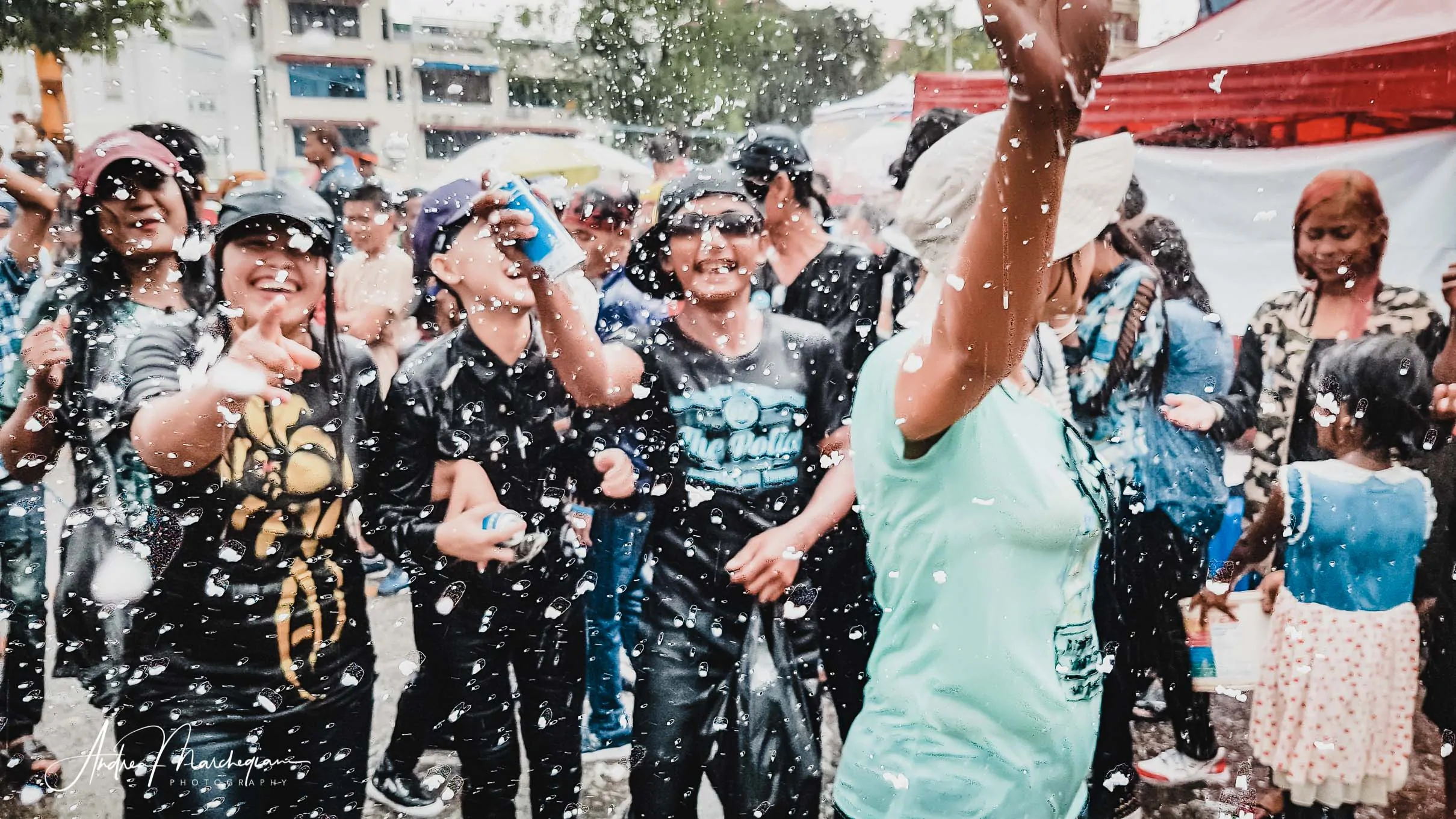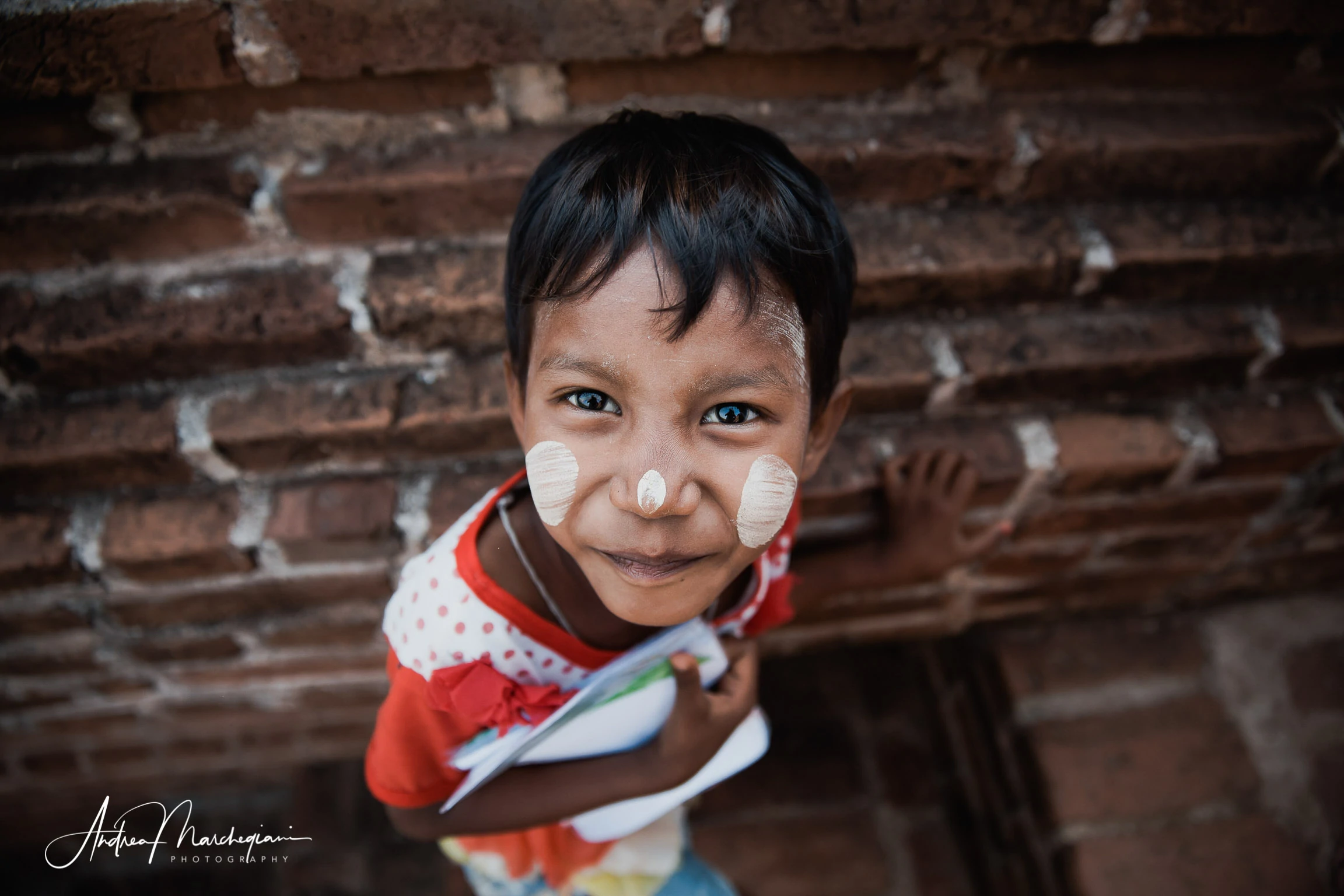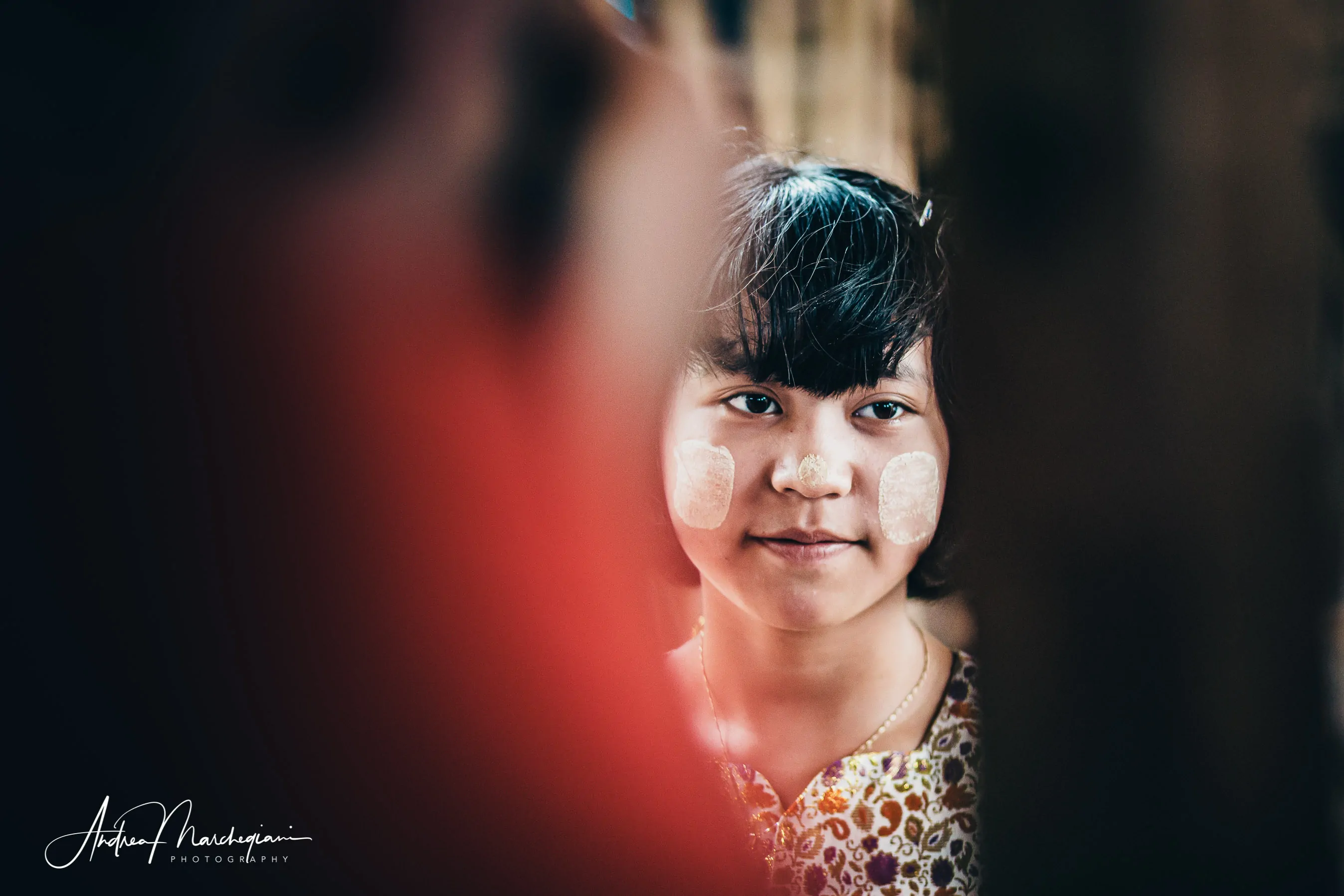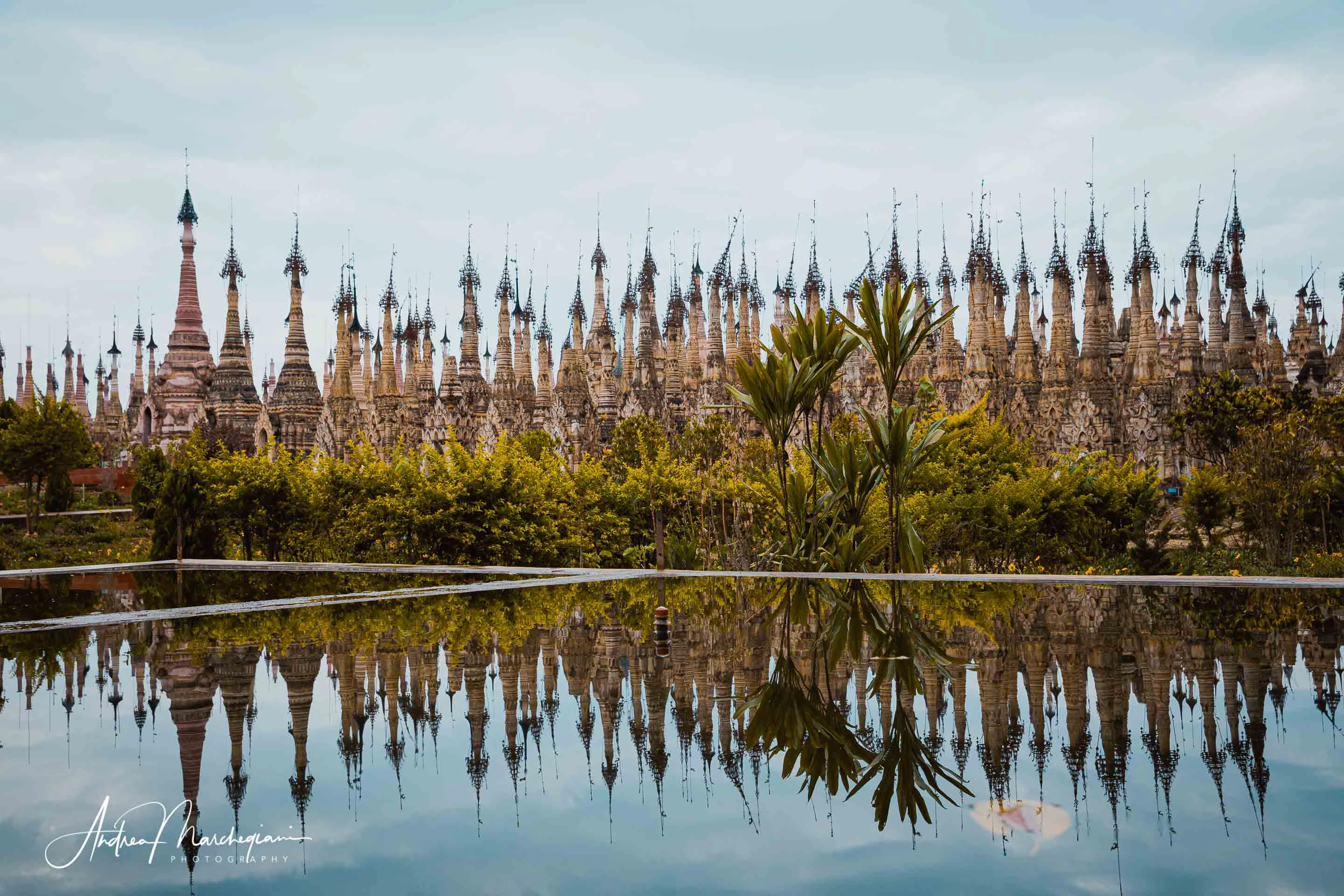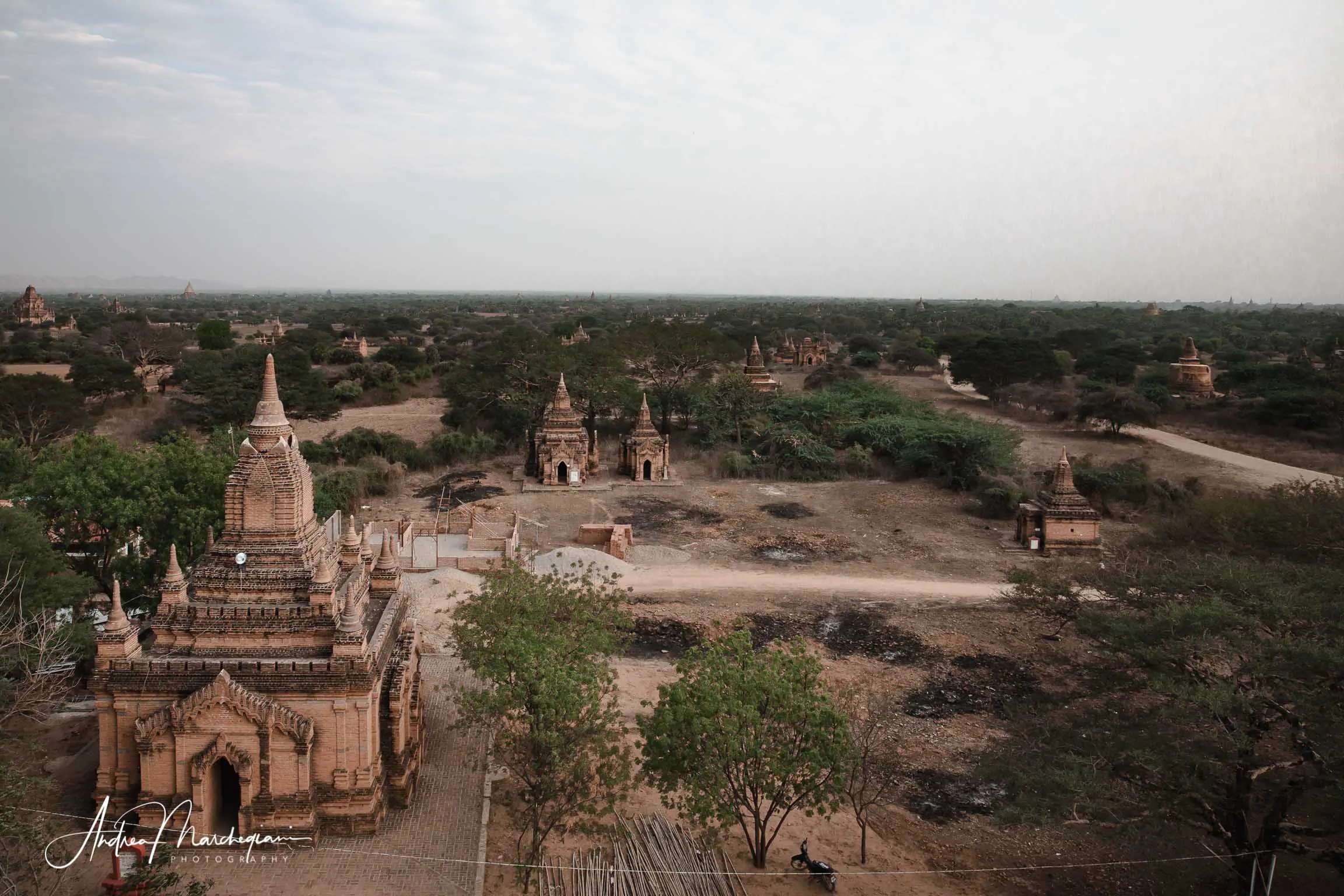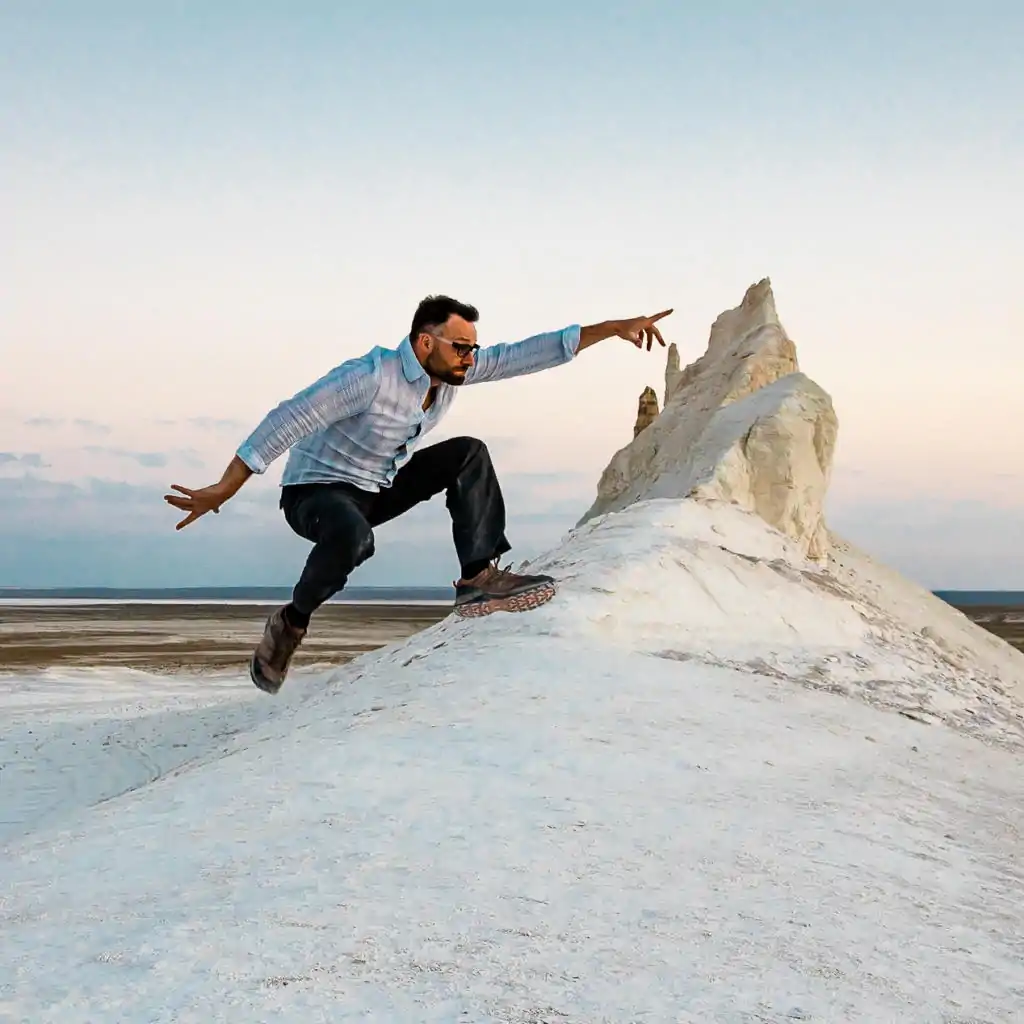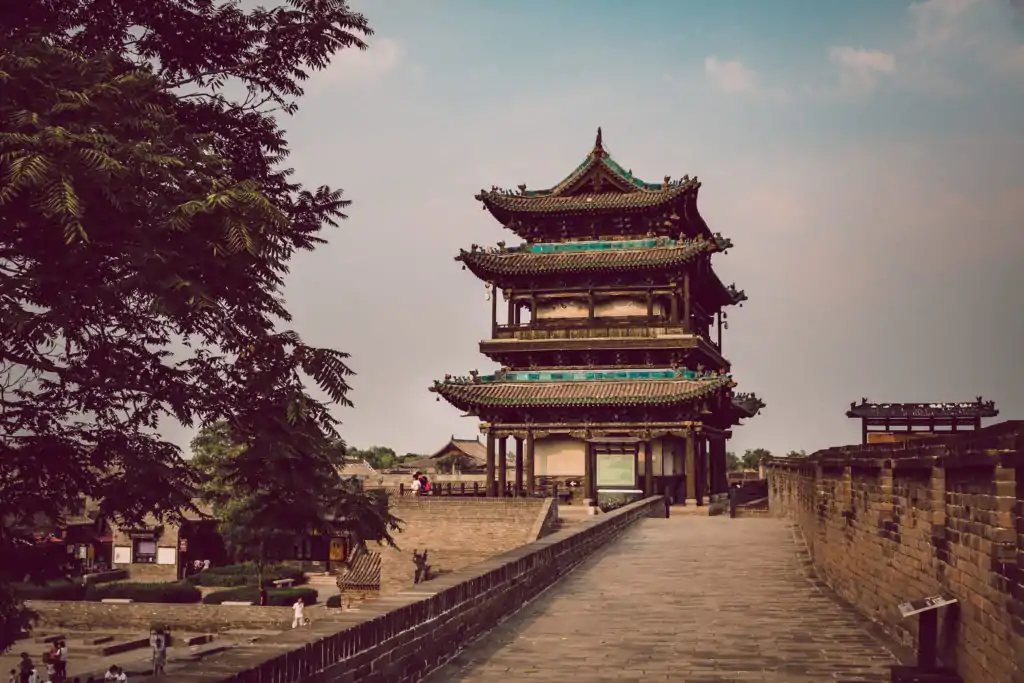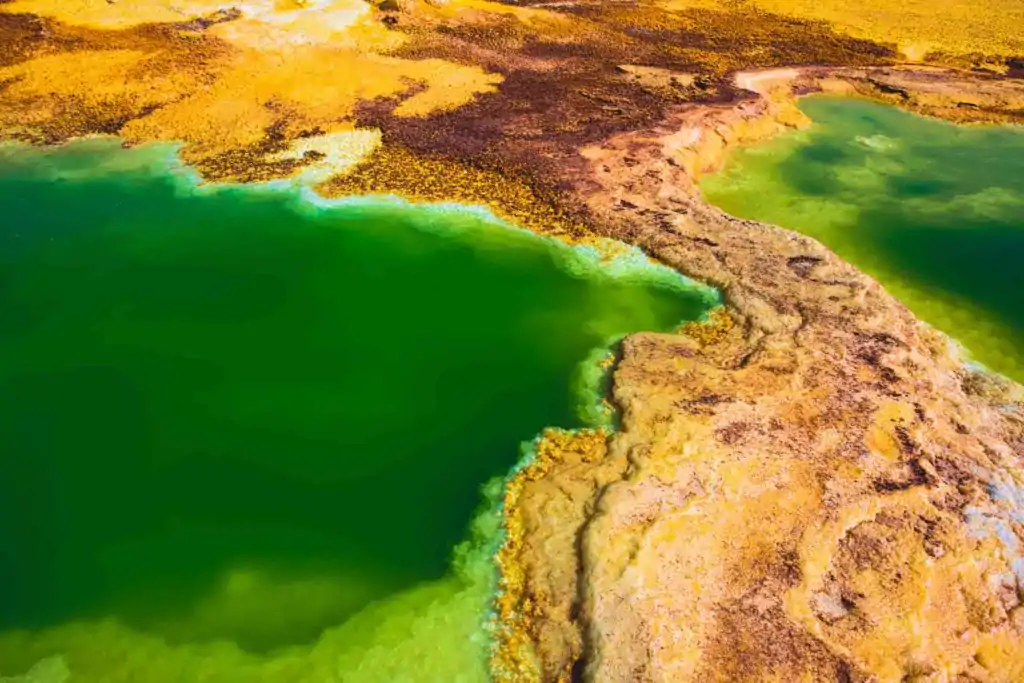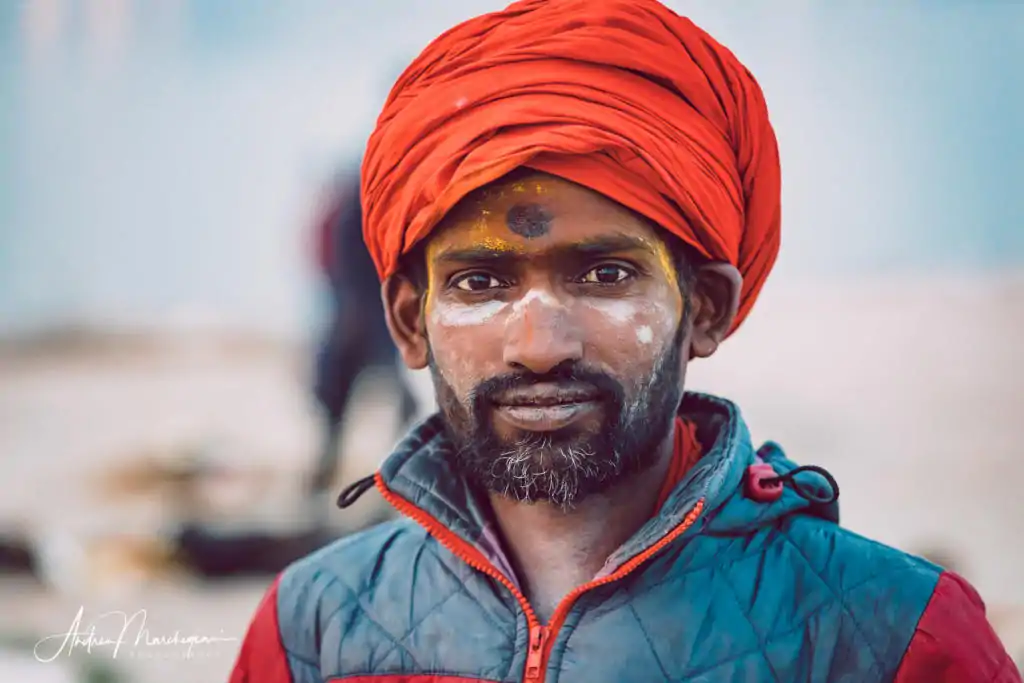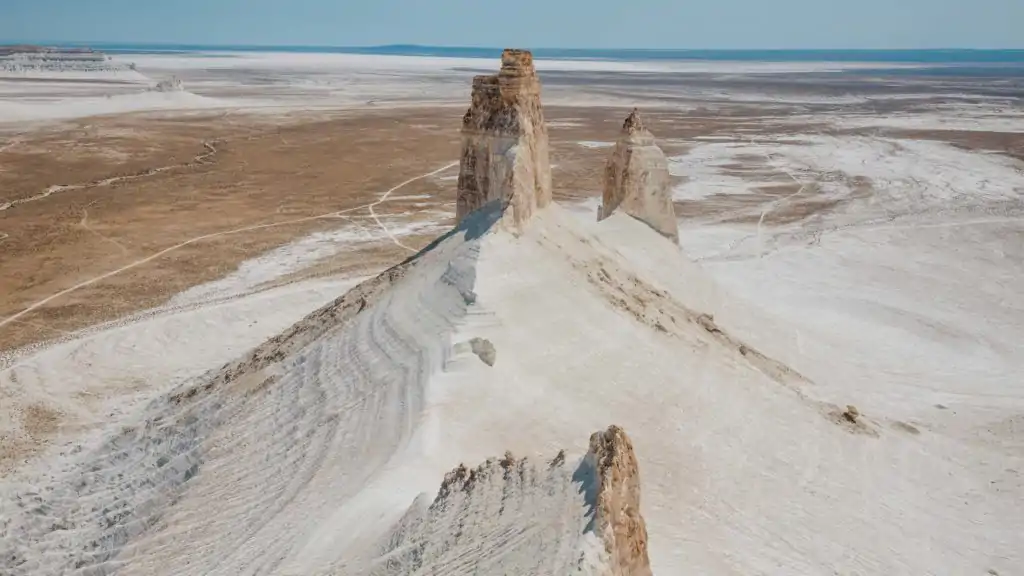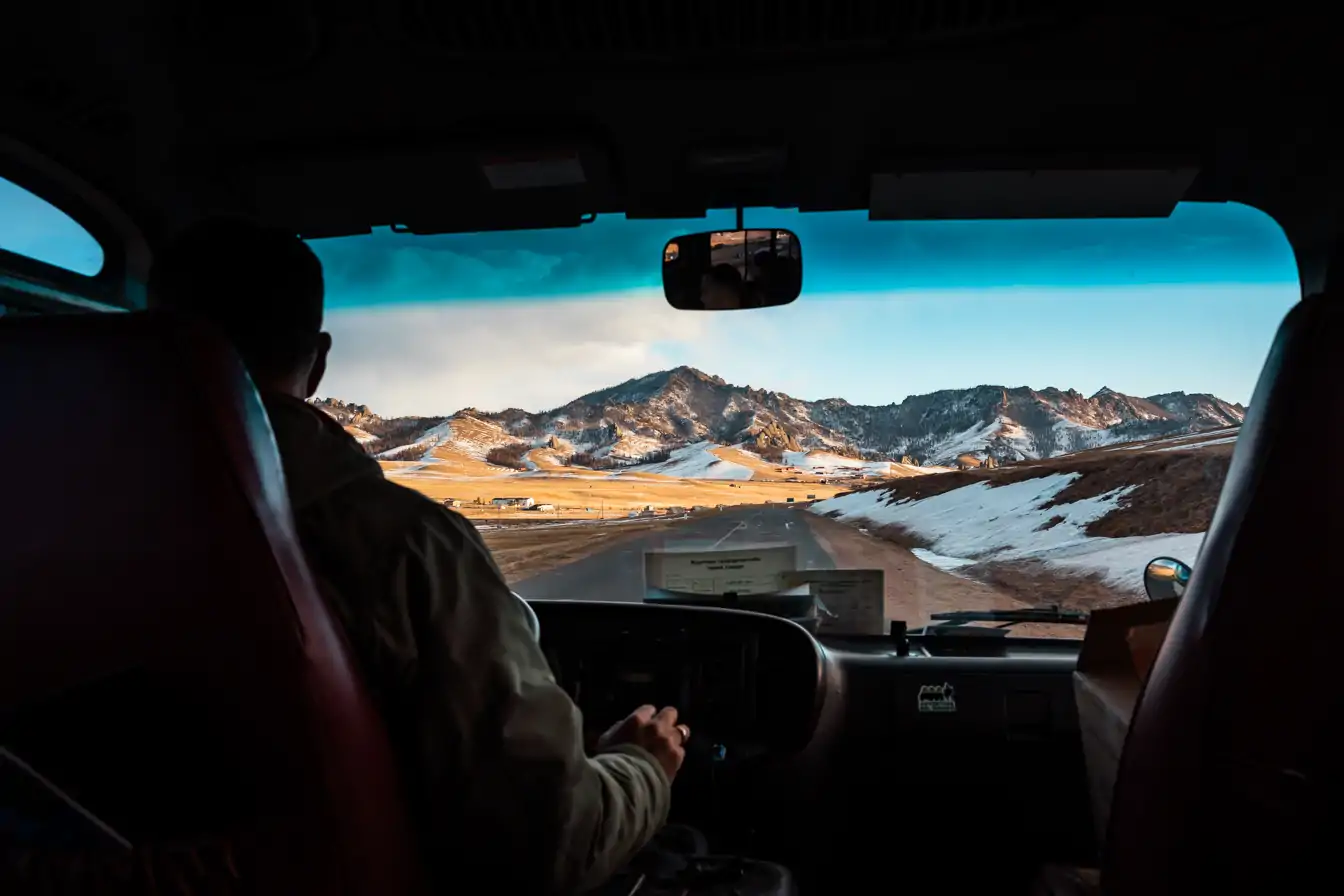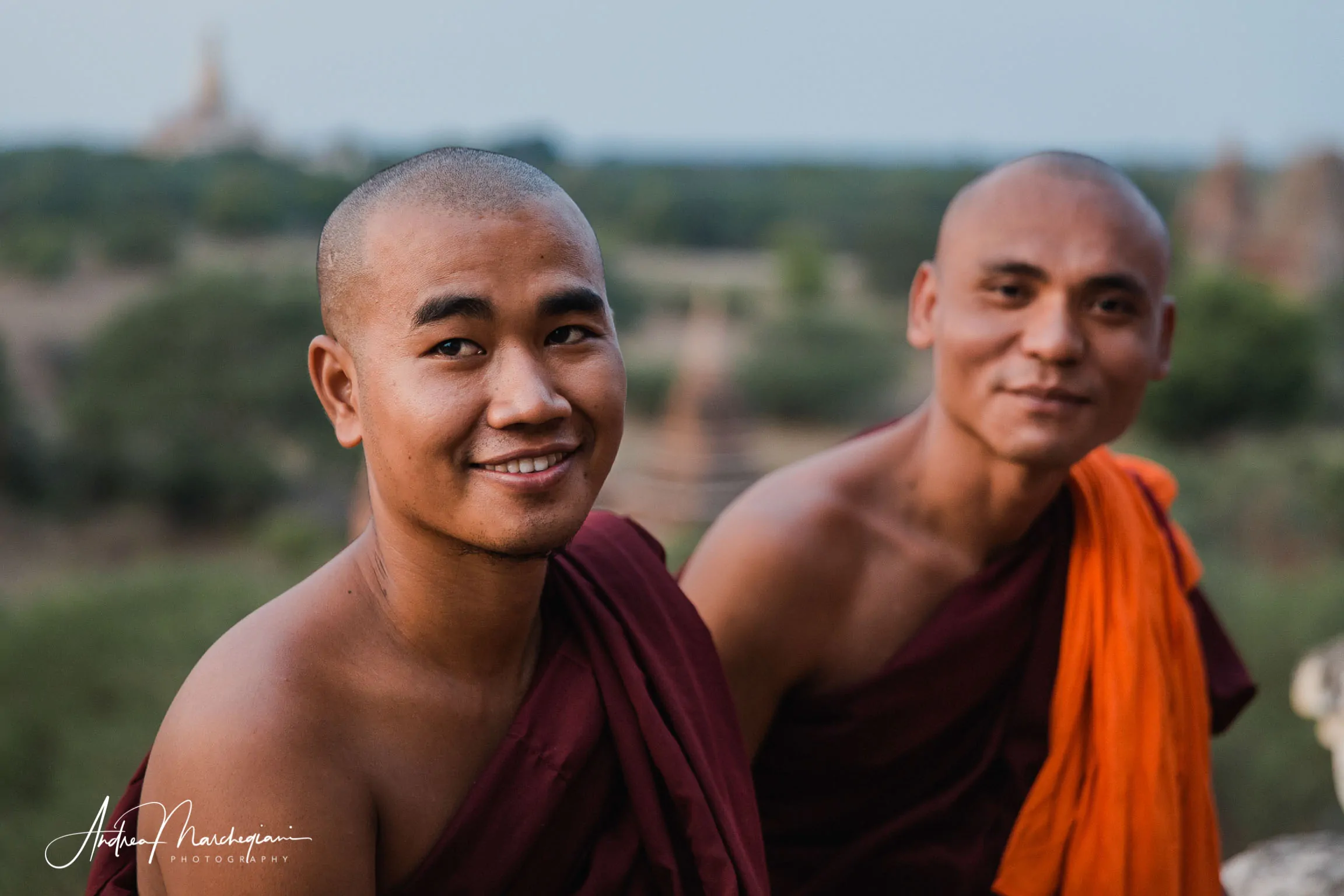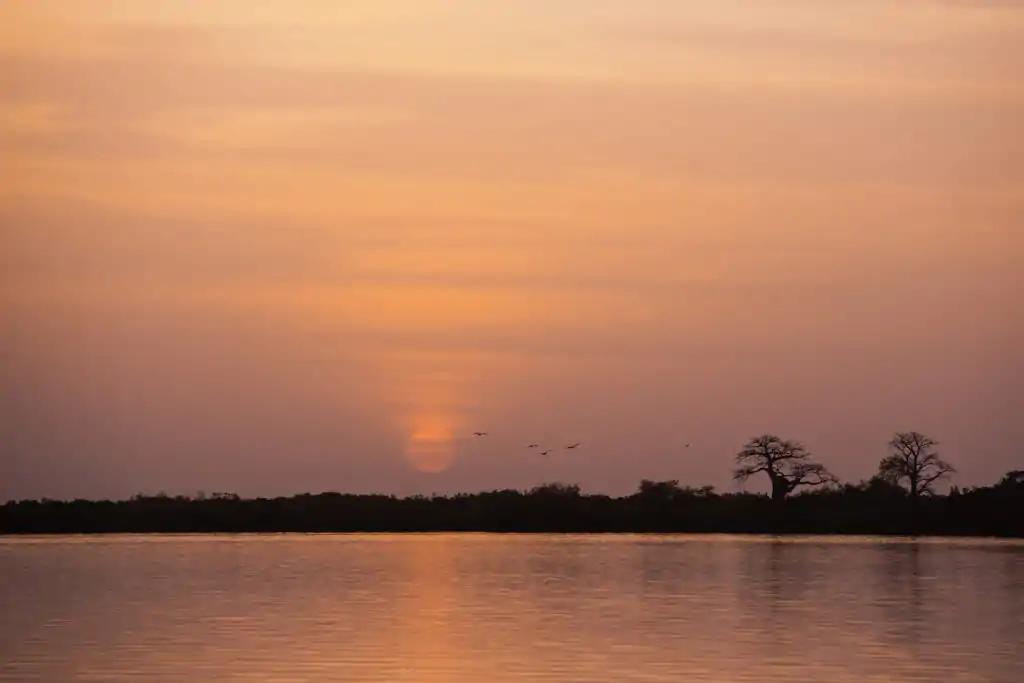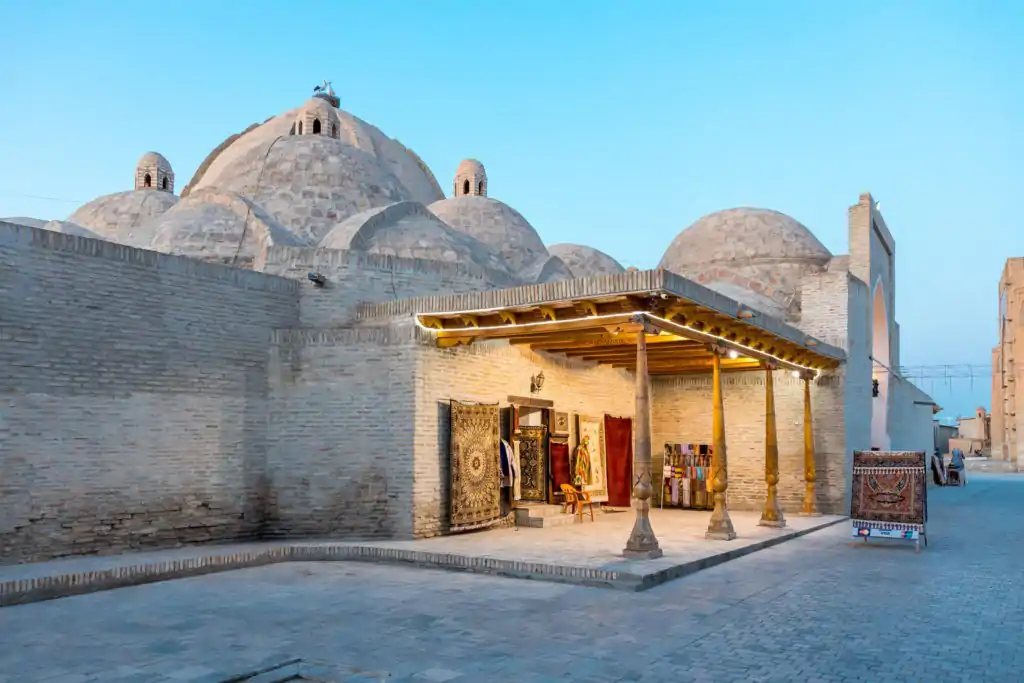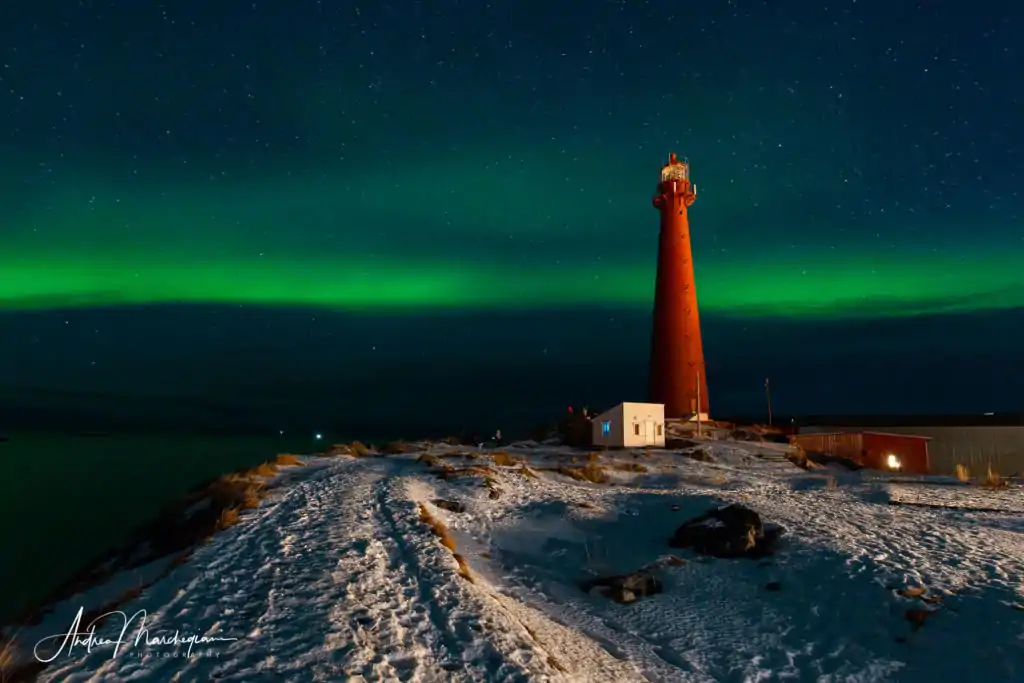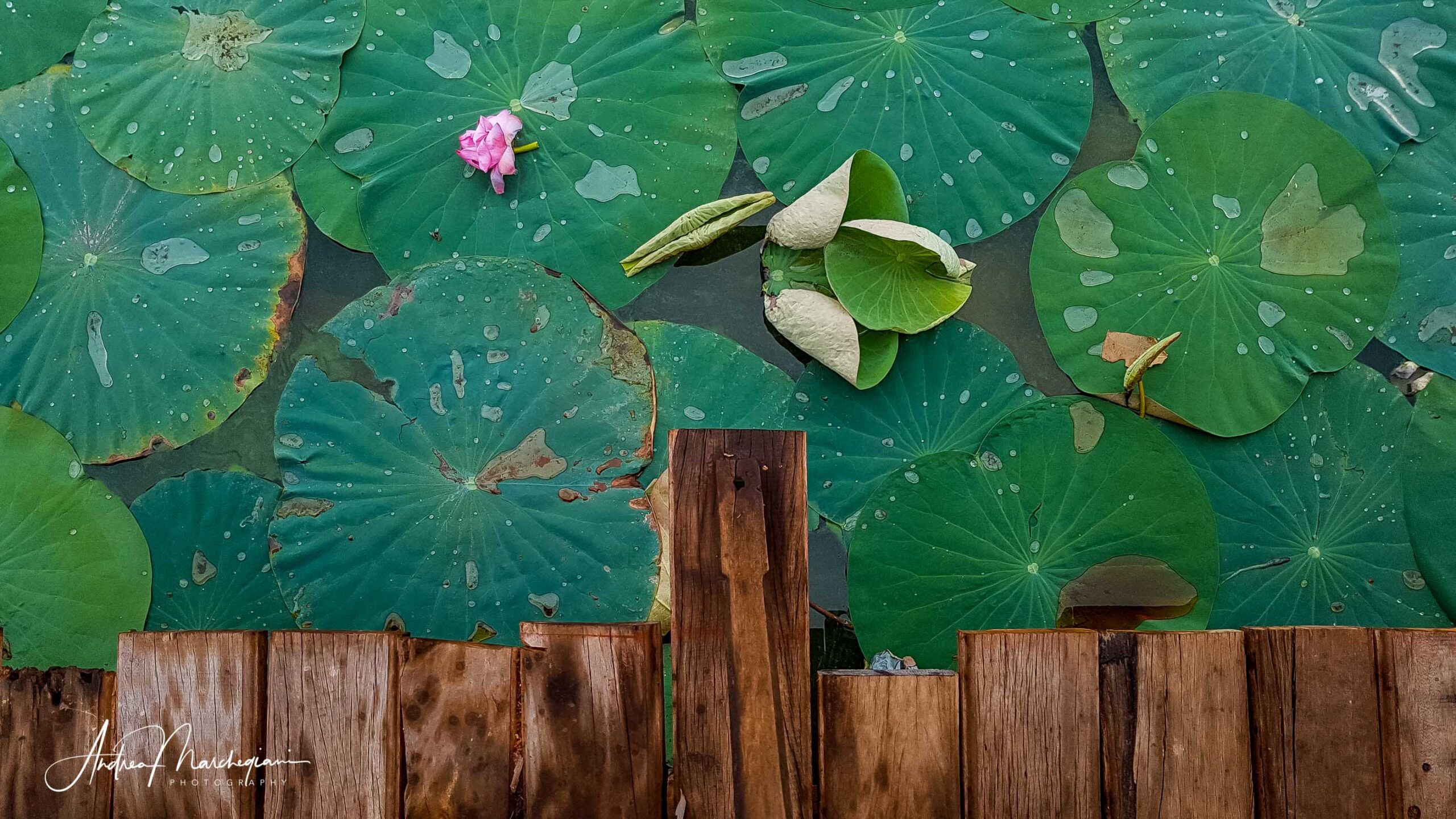
- Home
- Photo Galleries
- Portrait Photography
- Landscape Photography
- Street Photography
- China
- Ethiopia
- India
- Holy Ganges
- Varanasi
- Varanasi Ganga Aarti
- Varanasi, Manikarnika Ghat
- Varanasi Streets & Alleys
- Varanasi Demolition
- Varanasi Fruit Market
- Sarnath
- Brick Kilns
- Tamil Nadu, Chennai & Mamallapuram
- Tamil Nadu, Fort Tirumayam & Madurai
- Tamil Nadu, Tiruvannamalai & Thanjavur
- Kerala, Munnar
- Kerala, Peryiar
- Kerala, Backwaters
- Kerala, Kochi
- Kazakhstan
- Myanmar
- Senegal
- Uzbekistan
- Travel Blog
- China
- Ethiopia
- India
- Tamil Nadu & Kerala
- Varanasi
- Whato to do in Varanasi
- Varanasi Life along the Ghats
- Varanasi Death along the Ghats
- Varanasi Ganga Aarti Ceremony
- Varanasi demolished to honor Shiva
- Varanasi Fruit Market
- “Varanasi, A Journey into the Infinite”
- Sarnath
- All about River Ganges
- Holy Shit. All about Indian Cow Dung
- Clean India Project
- Brick factories
- Tilaka, pundra, bindi: what is the mark on Indian foreheads?
- Kazakhstan
- Mongolia
- Ulaanbaatar, the coldest capital in the world
- What to do in Ulaanbaatar
- Chinggis Khan Museum, 6 floors of Mongolian history
- Gorkhi-Terelj National Park and Bodgkhan Natural Reserve
- Altai Mountains, Things to do in Olgii and Sagsai
- Living with the Eagle Hunters
- Sagsai Eagle Festival
- Navrus Festival
- Xöömej, Mongolian throat singing
- Mongolian Food
- Myanmar
- Senegal
- Uzbekistan
- Latest Posts
- Photography Blog
- About
- Prints
Share with your friends:
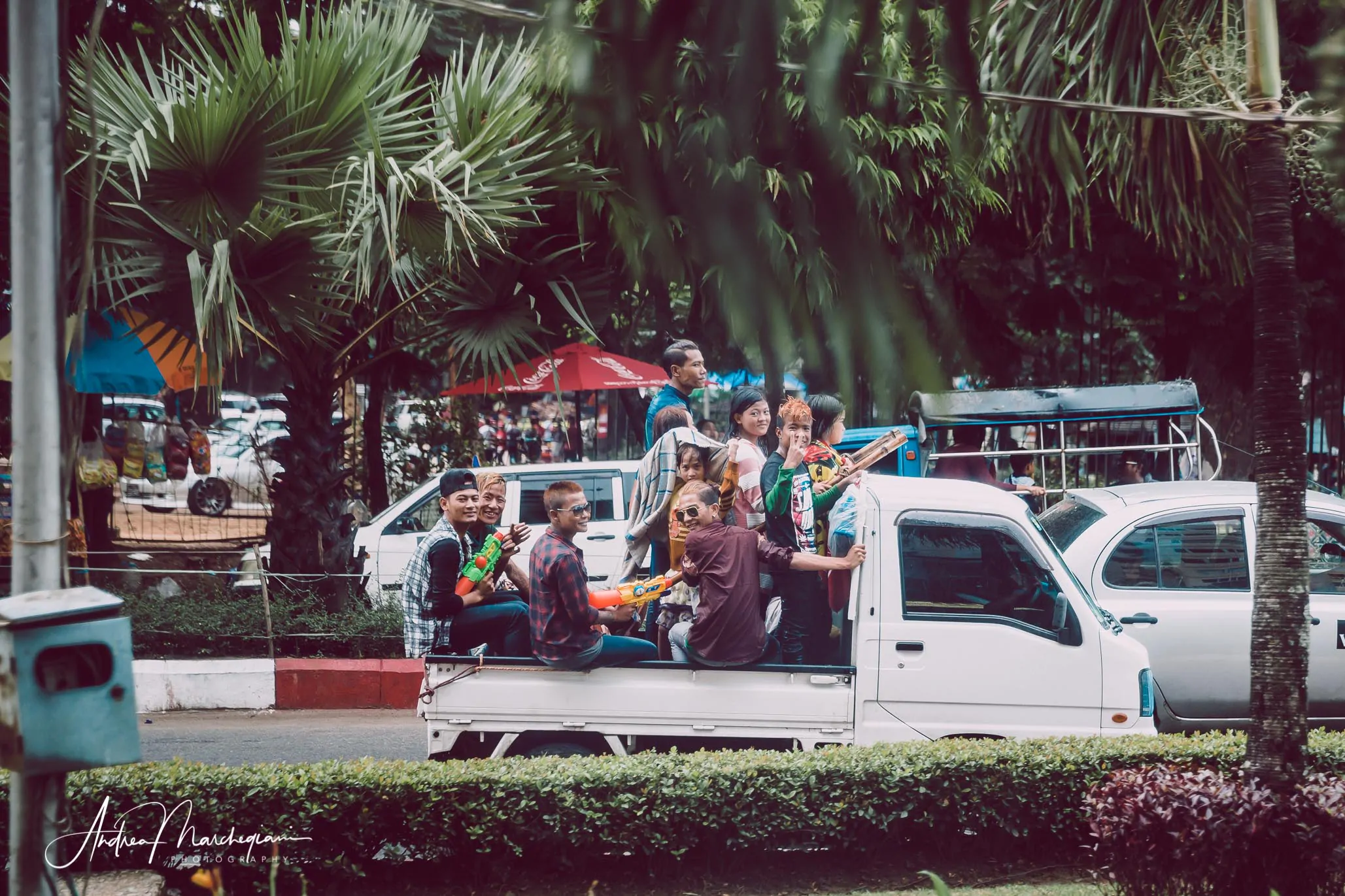
The first thing that comes to mind when you think of Yangon is the large golden pagoda of Shwedagon Paya, the most important one in all of Myanmar. And right from there I would have started my tour, had it not been for a happy circumstance.
I visit Yangon in April and I am amazed by masses of people who fight with water guns in the streets! Everywhere is urban warfare; every corner becomes a trench to launch water balloons from. Thousands of people gather in the city squares and dance, jump and scream under the fire hydrants. It’s the Thingyan Water Festival, the New Year’s Eve celebration that lasts almost a week.
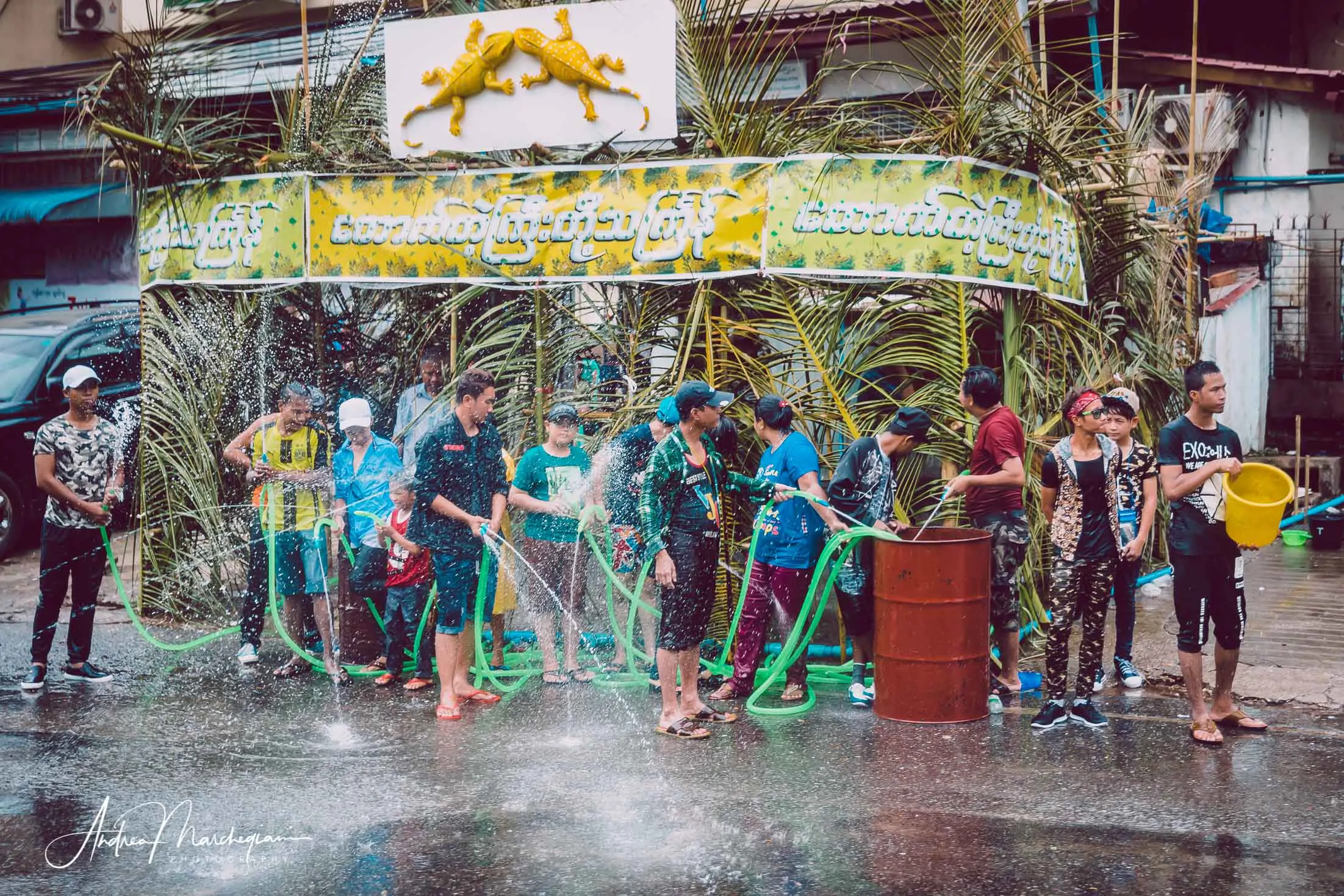
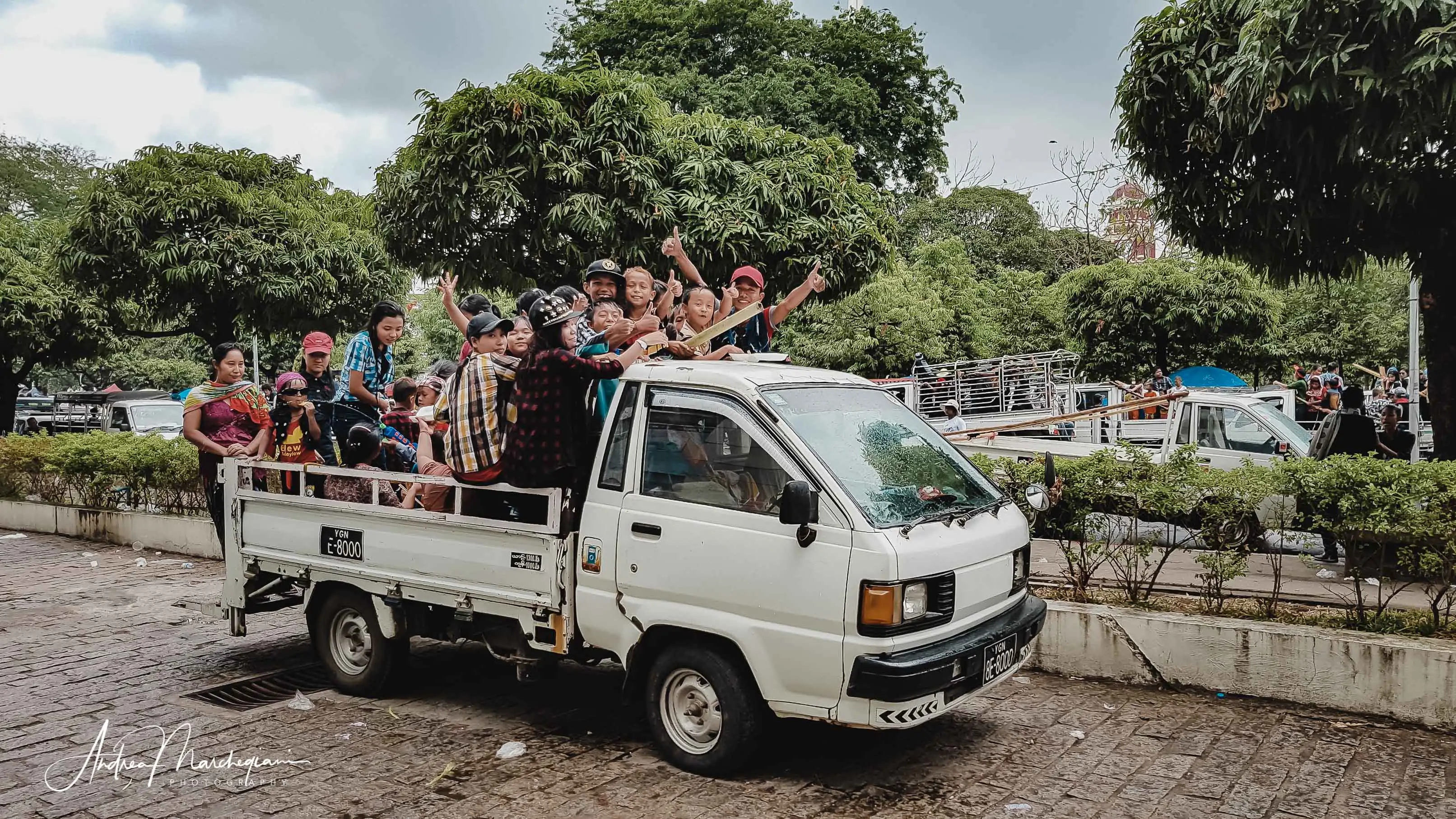
The Buddhist calendar
According to the Theravada Buddhist calendar, in fact, the New Year arrives in mid-April.
It is interesting to know that the year zero for countries such as Myanmar, Thailand, Sri Lanka, Cambodia and Laos does not coincide with the birth of Jesus Christ, but with the death of Gautama Siddharta, the founder of Buddhism, occurred in 543 B.C.
They celebrate his death instead of his birth because, for the man who reaches enlightenment, death is the time when he stops suffering and completes the cycle of samsara, the transmigration of souls. That is why the death of Buddha is a much happier event than his birth! Obviously, the year count is affected by this choice: the number 543 must be added to the Gregorian calendar, so if you visit Burma in 2020, upon your arrival at the airport you will be catapulted into 2563!

Water Festival, the wetter the merrier!
As soon as I get to Yangon, I put my suitcase in the hotel and I slide straight into the streets to feel the atmosphere of the Water Festival.
I leave my SLR in the hotel room: it is safer to take photographs only with my smartphone. I know I’m gonna miss a lot of great shots, but I don’t want to my camera getting wet. The choice turns out to be really wise, because as soon as I set foot on the sidewalks of the city, my friends and I are literally flooded with water! It’s the most joyous and exhilarating water balloon war I’ve ever seen!
In a state of great harmony and hilarity, children, adults and old people run around armed with water tubes, buckets, water guns. Some have organized themselves into groups and gangs that make war on each other. They laugh loudly, have friendly looks and smiles as bright as gold nuggets.
The festival is not limited to sidewalks: the streets are crossed by scooters, cars and vans packed with young people who water anything that moves in their path. What a joyful water delirium!
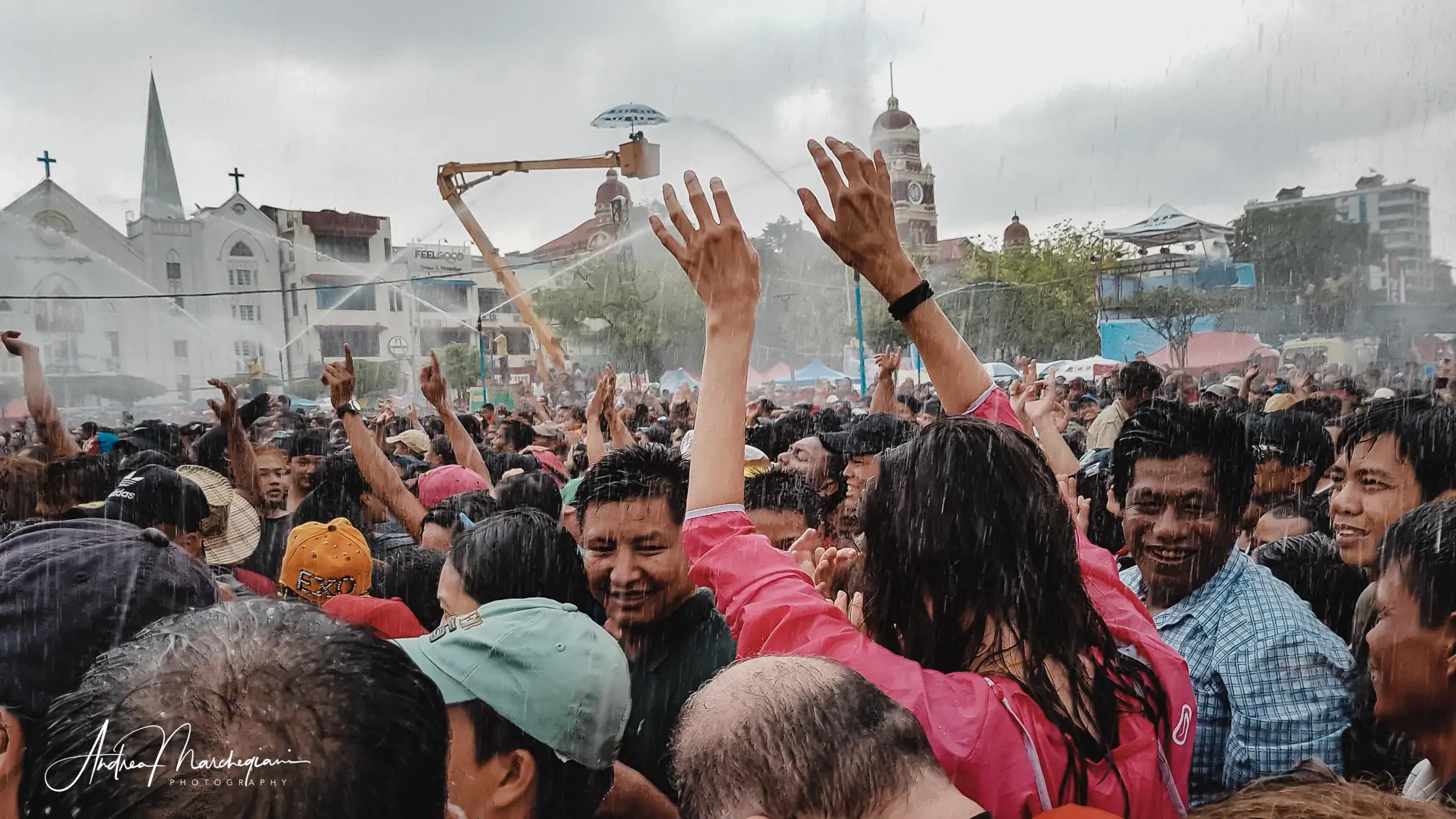
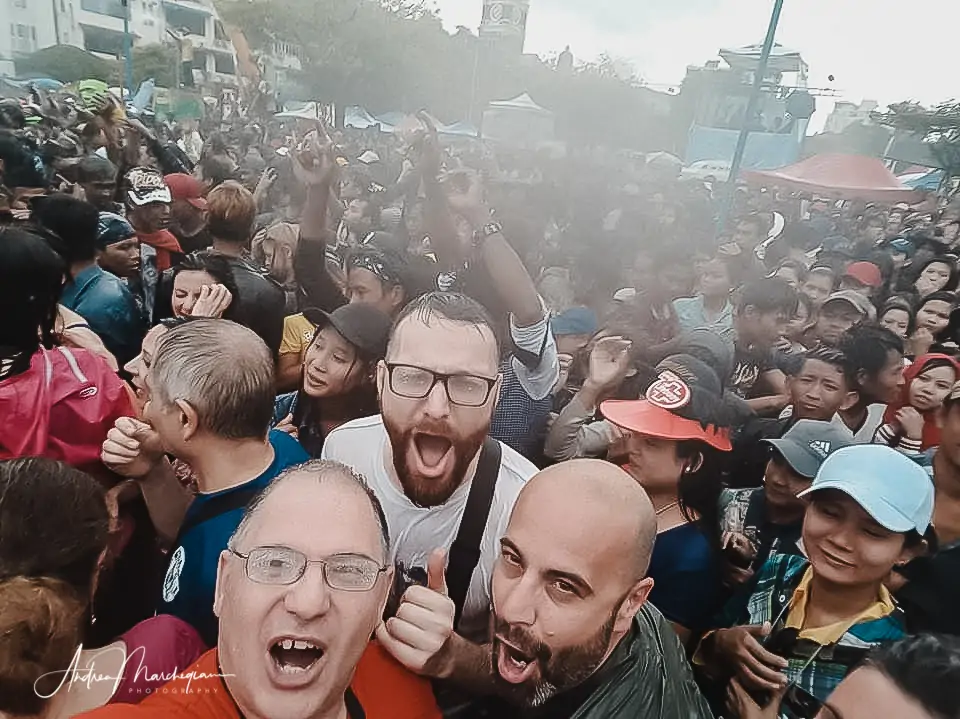
Water as a symbol of abundance
There’s no point in expecting us not to get wet. Even if you ask passer-bys to leave you alone, they stare back at you incredulously, then decide you are too dry and need to be sprayed with water. When they’re done, they mumble something and run away happily. Even if you don’t know Burmese, you would think they said, “Don’t thank me, stranger, I wet you even though you didn’t want to because it was obvious you needed it!”
And in your heart you know they are right. You cannot refuse the generosity of water.
Water unites all forms of life, bringing prosperity, wealth and health. So let’s get wet, let’s get soaked by so much abundance!
We are all alive, here and today, together, with hearts beating in our chests, brothers and sisters playing and laughing. Next year will be full of pleasant surprises and, if there are worries, we will face them together.
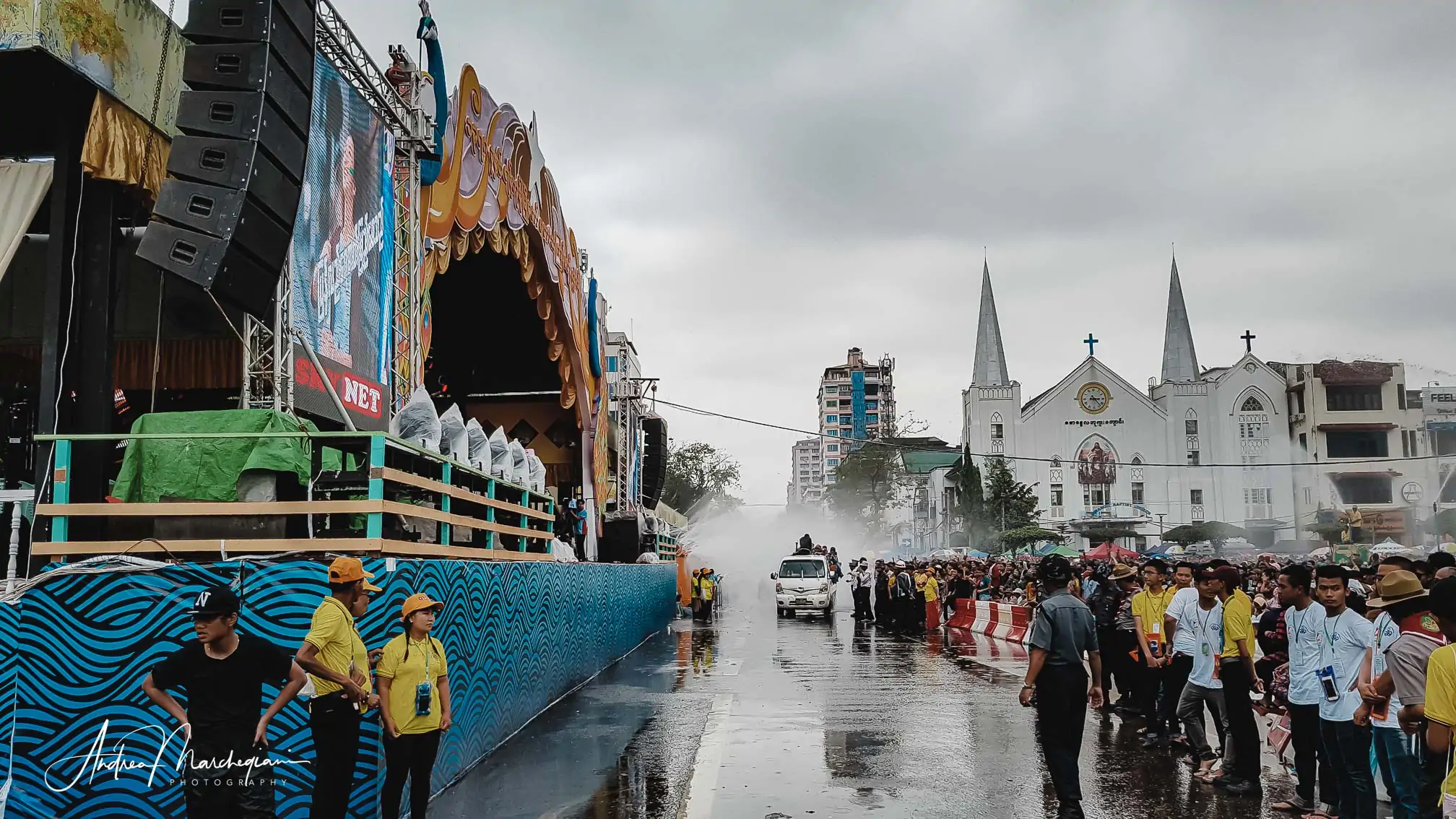
I know I may sound corny, but you would too after visiting Myanmar. Because there is no room for cynicism in the land of kindness: you cannot receive so much by keeping your heart closed.
I follow the crowd gathering in the square, dancing to the rhythm of music. Big fire hydrants make sure nobody dries too much.
I am a foreigner and my Caucasian appearance does not go unnoticed: people approach me, they are curious to talk to me and they are all so friendly. Everyone gives me all the abundance they has, in the shape of joyful litres of water. And I do rejoice at every wave: I dance, laugh, exchange hugs and handshakes.
When so many people open their hearts, an unlimited force is released: it is something concrete, it can be touched by hand.
In the distance, I see the golden pagoda of the Shwedagon Paya. It is staring at me as well, or so it seems, and I know that it is protecting me, it is protecting us all.
